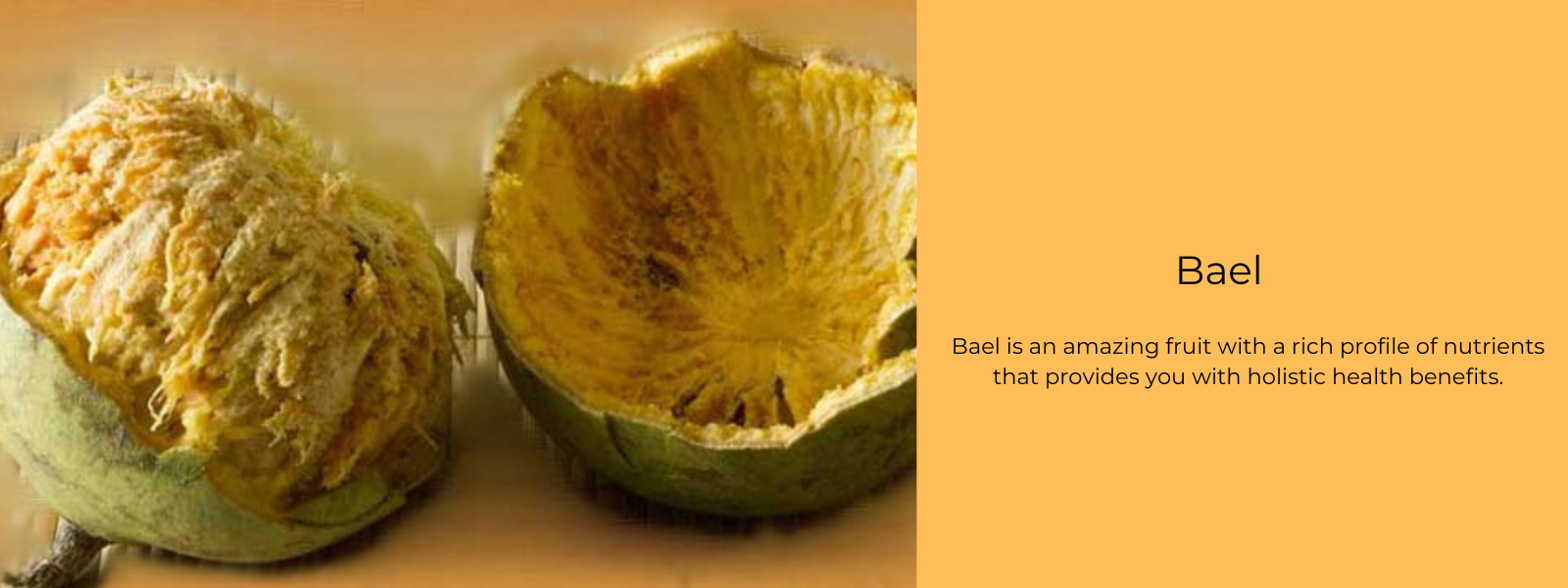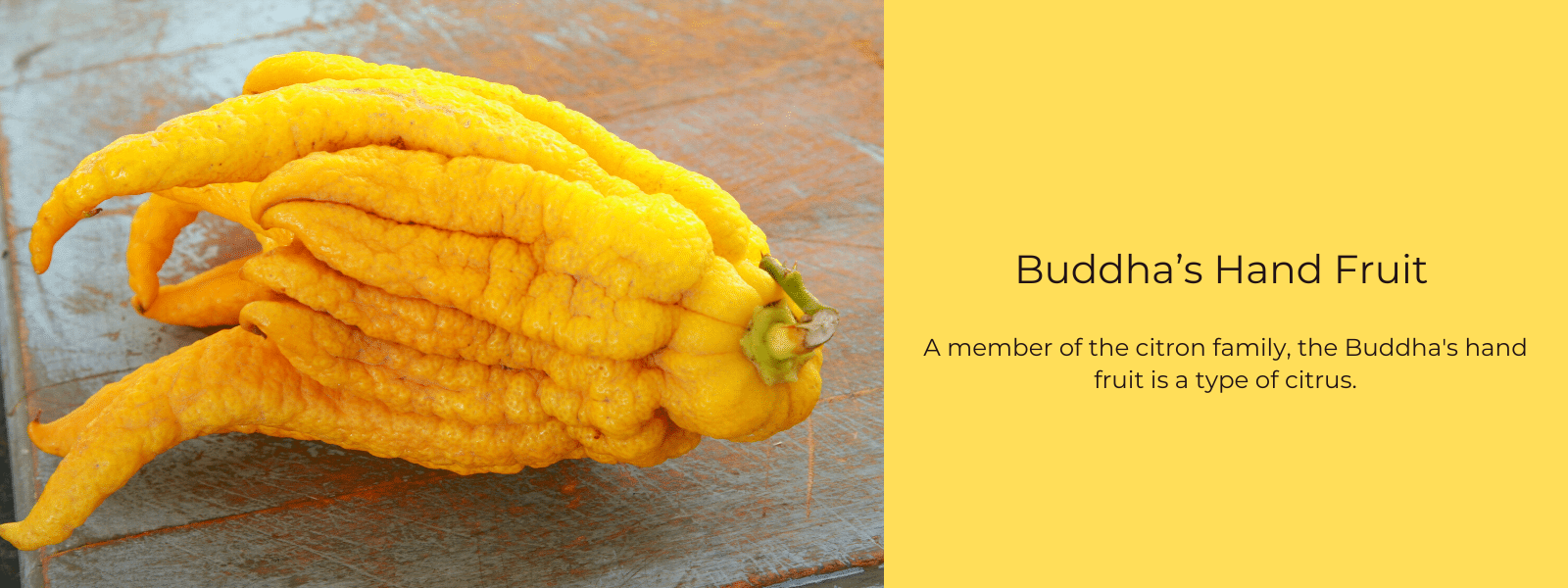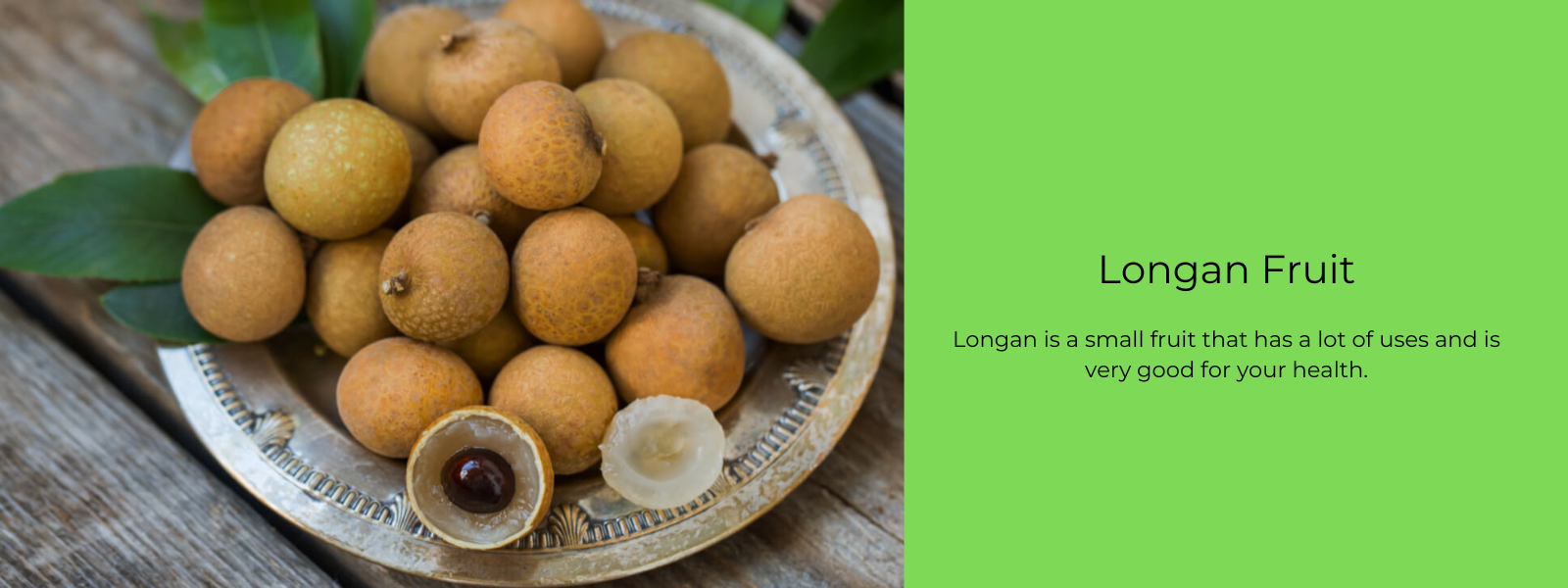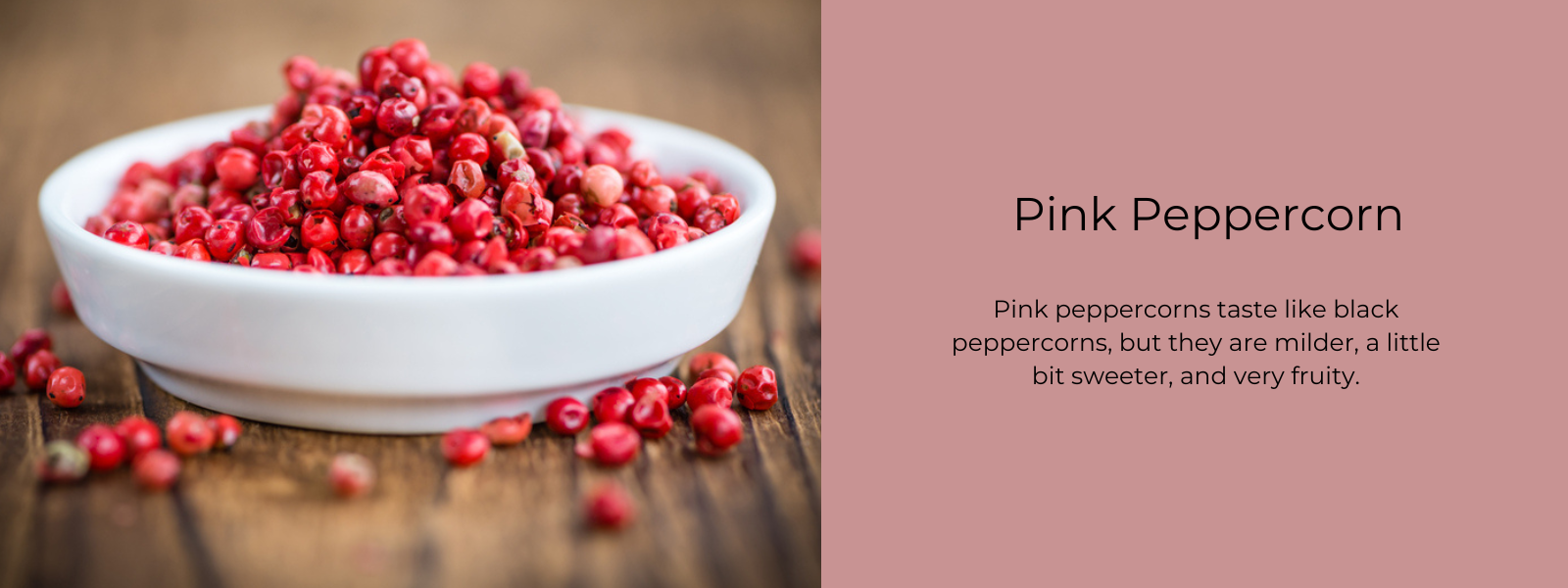The pistachio tree's edible seeds, known as pistachio nuts, were formerly considered a bourgeois delicacy and status symbol but are now readily available to anybody looking for a healthy snack. It's no surprise that we've come up with so many creative ways to eat them, from roasting them and sprinkling them over salads to incorporating them into gelato and other sweet treats.
Table of Contents
What are pistachios?
Pistachios, which come from the cashew tree (Anacardiaceae), have been eaten for centuries and are the nut with the longest history. Typically, they thrive in hot, dry regions. Pistachios were formerly known as "green nuts," or "Pistakion," which is a Greek term. The green kernels are protected by a thin, reddish skin encased in a tough, white husk.
How many pistachios are safe to eat in a day?
Experts in the field of nutrition agree that two ounces (56 grammes) of pistachios per day is the maximum that should be consumed. That's 90 nuts if they're shelled pistachios. Nutritionists also recommend drinking plenty of water to aid digestion. Otherwise, eating pistachios could cause gastrointestinal distress.
Nutritional value of pistachios:
Vitamin B6 found in them aids in oxygen transportation to cells, hence enhancing blood flow. Vitamin B6 is important for a healthy neurological system and immune system.
Antioxidants like vitamin E, polyphenols, and the carotenoid pigments lutein and zeaxanthin can be found in plants. There are two particular antioxidants in macadamia nuts that have been related to a reduced risk of developing macular degeneration; these compounds are not present in other nuts.
They promote normal cholesterol levels. The majority of the fat in a serving of pistachios (11.5 grams) is composed of monounsaturated and polyunsaturated fats, which are good for your heart. Pistachios have been demonstrated to help reduce oxidized-LDL (bad) cholesterol when included in a balanced diet. The reason for this is the nut's high monounsaturated fat content, which has been demonstrated to lower LDL cholesterol.
Health benefits of pistachios:
- Concentrations of potassium and unsaturated fatty acids are quite high. Both of these things have anti-inflammatory and antioxidant properties.
- The risk of cardiovascular disease is reduced by using them.
- Pistachios are loaded with the unsaturated fat, fibre, and minerals that lower cholesterol, blood sugar, and blood pressure.
- Because of the high protein and fibre content, they may help you avoid snacking between meals. In addition to helping "good" bacteria thrive in the stomach, this fibre may have other beneficial effects.
- Since they are both healthy and filling, they can be used as part of a weight-management strategy. As a result, you might find yourself eating less and losing weight. Pistachios in their shells force you to take your time while snacking.
- There is evidence that consuming pistachios improves blood vessel elasticity and tone and reduces blood fat and sugar levels (glycemic index).
How to prepare and eat pistachios?
Pistachios have a thick shell that can make them difficult to chew. If the nut's shell is broken, you can use another nut's shell as a tool. The nuts can be opened by placing them on a chopping board, covering them with a towel, and giving them a light but firm whack, provided there is no fracture in the shell.
Stored properly, pistachios (whether shelled or unshelled) can last for up to a year in the fridge and three years in the freezer without losing their flavour or texture.
It's possible to eat them in their natural state, on their own, or in dishes such as:
Salads
Ice cream
Baklava
Biscotti
Granola
Yogurt
Pesto
Peanut butter
Pistachios during pregnancy:
Pistachios are an important nut to include in a healthy diet during pregnancy. The reason for this is that pistachios have a lot of healthy nutrients like vitamins, minerals, and antioxidants that help the body's blood cells get more oxygen and strengthen the immune system. The reduction of joint pain is another benefit. During pregnancy, a nut-based diet is typically recommended by doctors. Each pregnancy, however, is unique. It's recommended that you see a doctor before beginning any kind of diet.
Do pistachios help to gain or lose weight?
When eaten in moderation, pistachios do not contribute to weight gain. Those who were given recommendations to eat either 1.7 or 2.5 ounces of pistachios daily for a period of 12 weeks showed no signs of weight gain. If you're watching your carb intake as part of your weight-loss efforts, pistachios are a smarter choice than other nuts. Over the course of 12 weeks, participants who consumed 240 calories worth of salted pistachios per day as part of a reduced-calorie diet lost more weight than those who consumed 220 calories worth of salted pretzels per day.










Leave a comment